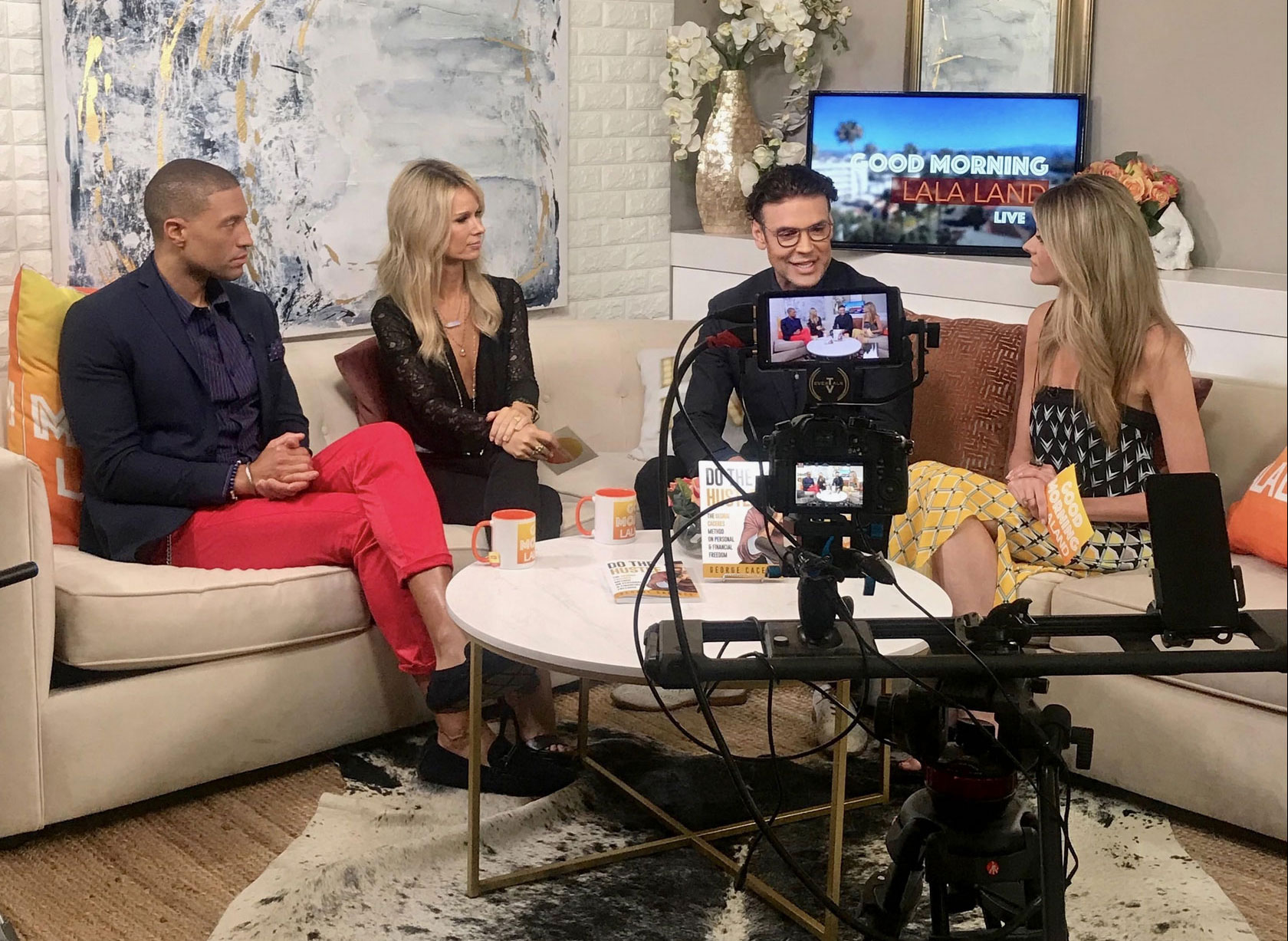
In the entertainment industry, first impressions are everything. When you step into the audition room—or submit a self-tape—casting directors form an opinion within seconds. Those opening moments can make the difference between booking the role or getting passed over. Whether you’re an aspiring actor, singer, dancer, or performer, mastering the basics of audition prep is crucial.
At Ultimate Performer, we’ve helped thousands of performers prepare for auditions, and we know exactly what casting directors look for right away. Here are the top seven things they notice first—and how you can use this knowledge to stand out.
1. The Slate
Your slate is your introduction. It’s the very first thing the casting team sees and hears, so it sets the tone for the rest of your performance. Keep it clear, confident, and natural. State your name and any required details (like age or agency) with a genuine smile. Avoid rushing or sounding robotic—think of it as a warm handshake through the camera.
Pro Tip: Practice your slate as much as your lines. It should feel effortless and authentic.
2. Appearance and Presentation
Casting directors immediately assess whether you look the part. This doesn’t mean you need to dress in full costume, but your appearance should fit the character type. Wear simple, neutral clothing that doesn’t distract, and avoid heavy makeup or flashy jewelry. Clean, neat grooming shows that you take the audition seriously.
Pro Tip: Less is more. Keep your look professional yet appropriate for the role.
3. Framing and Lighting
For self-tapes, technical quality matters. A poorly lit or awkwardly framed video can distract from your performance. Position the camera at eye level, frame yourself from the chest up, and use natural light or a ring light. Your face should be clearly visible, with no shadows or cluttered backgrounds.
Pro Tip: Do a quick test recording before the real take to check lighting and sound.
4. Confidence and Energy
Confidence is contagious. Casting directors can sense nerves right away, so take a deep breath and own the room—or the frame. Even if you feel anxious, maintain strong posture, make eye contact, and project positive energy. Confidence helps you command attention and makes your performance more believable.
5. Listening and Reacting
Auditions aren’t just about delivering lines—they’re about connection. Casting teams watch how well you listen and react, whether to another actor or an imaginary scene partner. Genuine reactions bring your performance to life and show you can think in the moment.
Pro Tip: Don’t just wait for your turn to speak. Stay present in the scene.
6. Authenticity
Casting directors see hundreds of auditions a week. What grabs their attention is authenticity—when you bring something real and unique to the role. Rather than trying to guess what they want, focus on what you bring to the character. Honesty and vulnerability always stand out.
7. Professionalism
Finally, professionalism counts. Arrive on time, follow instructions, and be respectful to everyone on set or in the room. If it’s a self-tape, label your files correctly and submit them by the deadline. These small details show you’re reliable and ready to work.
Final Thoughts
Auditions can be nerve-wracking, but with preparation and awareness, you can make those crucial first moments count. By focusing on these seven areas—your slate, appearance, technical setup, confidence, listening skills, authenticity, and professionalism—you’ll showcase your talent in the best possible light.
Remember, casting directors aren’t just looking for skill; they’re looking for someone they can trust to bring a role to life. Master these basics, and you’ll shine before you even say a word.





